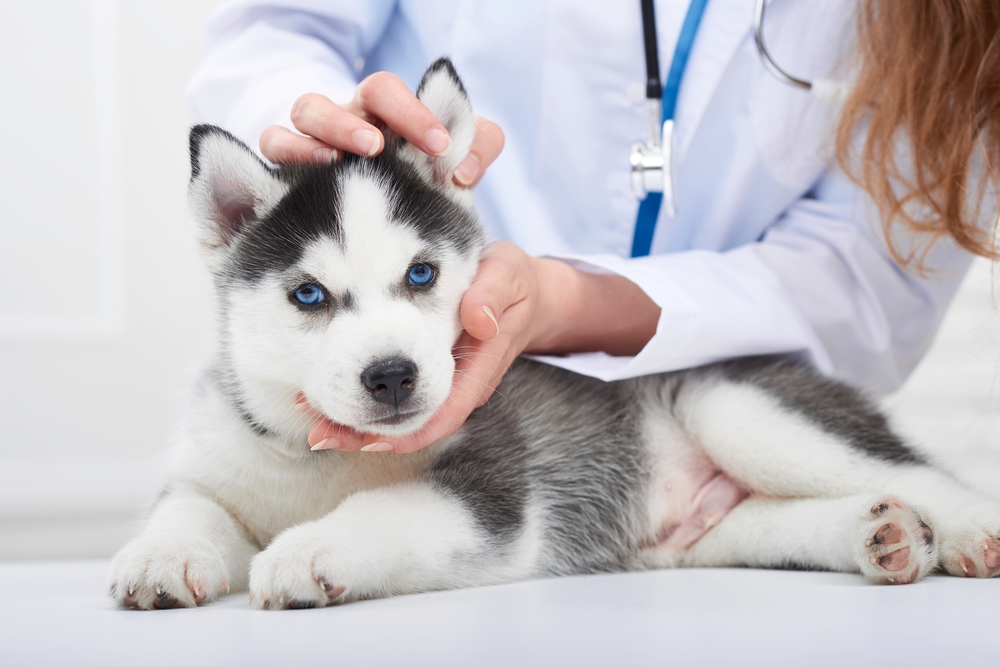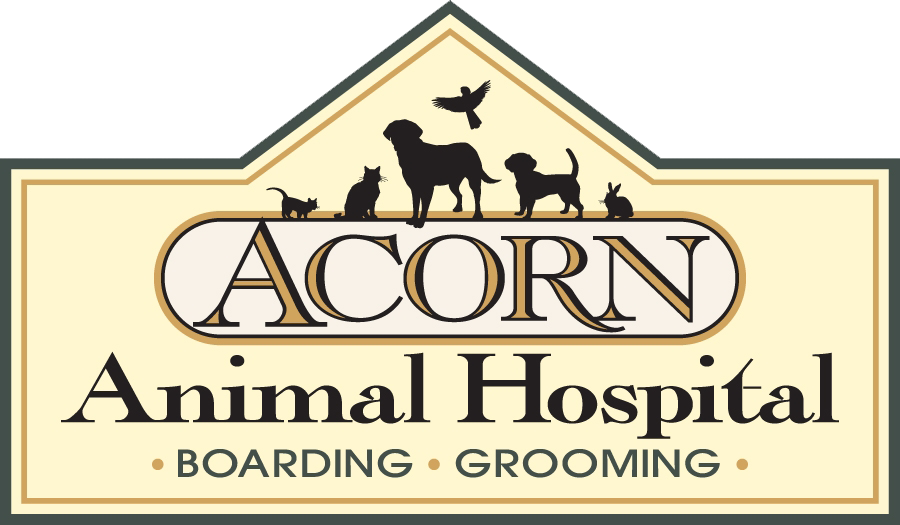Like children, puppies require a lot of care, guidance, and patience to help them grow up as happy, healthy adults. Since puppies grow and develop so much more quickly than children, you’re likely to dedicate your puppy’s first year—instead of the first 18 years—to building a strong foundation for your best friend. Follow these seven tips to provide the best start for your puppy, and you’ll soon have a devoted, healthy, well-adjusted companion.
#1: Use positive reinforcement to train your puppy
Build a lifelong bond with your new puppy by using positive reinforcement during your training sessions. Every interaction with your pup is a learning opportunity, so ensure they are positive experiences. Training your puppy using positive reinforcement means rewarding her for desired behaviors, and avoiding punishment for unwanted behaviors. For example, if you catch your puppy urinating on the carpet, do not yell at her and rub her nose in it, but instead, pick her up and carry her outside, offering treats and praise as she finishes eliminating outdoors. Crate training can also be accomplished in a positive manner. Never use the crate as a punishment or “time-out” for poor behavior, but rather as a source of tasty treats and meals. Only place your puppy inside her crate with long-lasting treats and toys to occupy her attention, convincing her the crate is a reward, and never shove her inside after you catch her chewing on your shoes. Pets trained with positive reinforcement learn more quickly, and are much better at figuring out for themselves what you want, rather than shutting down in fear of punishment.
#2: Enroll your puppy in training classes
If this is your first puppy or your tenth puppy, professional training classes are an excellent choice to provide socialization and guidance with problem behaviors. The certified trainer will help teach your puppy not only basic obedience commands, but also proper manners. With each successfully completed course, you can advance your puppy’s training, and potentially enroll in agility, treibball, or scentwork courses.
#3: Provide plenty of positive socialization experiences for your puppy
A puppy forms an understanding of the world around her during a short socialization period, from 3 to 14 weeks of age. During this time-frame, positive socialization is critical for ensuring your pup develops into a happy, well-adjusted, less anxious dog. Expose your puppy to as many new places, sights, sounds, pets, and people as possible, making every interaction a positive experience with plenty of treats, and moving at her pace. For further socialization experiences—since socialization is a lifelong process—enroll your pup in daycare for a fun-filled day of interacting with canine playmates.
#4: Accustom your puppy to handling and grooming
Whether your new puppy is short-haired, or has a long, luxurious coat, grooming is essential for healthy skin. Teach your puppy early to accept brushing, ear cleaning, and nail trimming, to avoid future struggles. Pair each grooming session with plenty of praise and treats to ensure a positive experience. Peanut butter works great smeared on your bathtub wall to distract your pup during bathtime, or stuffed in a Kong for a nail trim.
#5: Feed your puppy a proper diet
Although all puppies require different nutrients than adult dogs, not all pups need the same levels. Giant-breed puppies have calcium and phosphorus ratios that must be met to prevent orthopedic conditions, and they should also be fed puppy food for longer than small breeds. We understand that you want to spoil your new bundle of joy when you bring her home, but avoid dangerous snacks, and stick with healthy treats and puppy food, to ensure she develops appropriately.
#6: Begin a parasite-prevention regimen for your puppy
With a new puppy, you’ll be spending a lot of time outdoors while socializing, house training, and exercising, which poses a greater risk for transmission of parasites, such as fleas, ticks, heartworms, and intestinal parasites. Keep your pup on a parasite-prevention regimen all year long to avoid any gaps in her defensive armor. Your new pooch may be a tiny pup who will be trained to use potty pads indoors, but parasites can sneak indoors, and infect her with Lyme disease, anaplasmosis, ehrlichiosis, and heartworm disease.
#7: Schedule your puppy’s wellness visits with Acorn Animal Hospital

For her first four months, your puppy will require appropriate vaccination boosters and deworming, to ensure she is fully protected from disease and parasites. At each wellness visit, our team will discuss any concerns you have about your new pup’s house training, crate training, nutrition, behavior, grooming, spaying or neutering, or medical care, in addition to the appropriate vaccination boosters based on her lifestyle risk.
Let us welcome your new four-legged friend to the family, by scheduling her first puppy visit.
